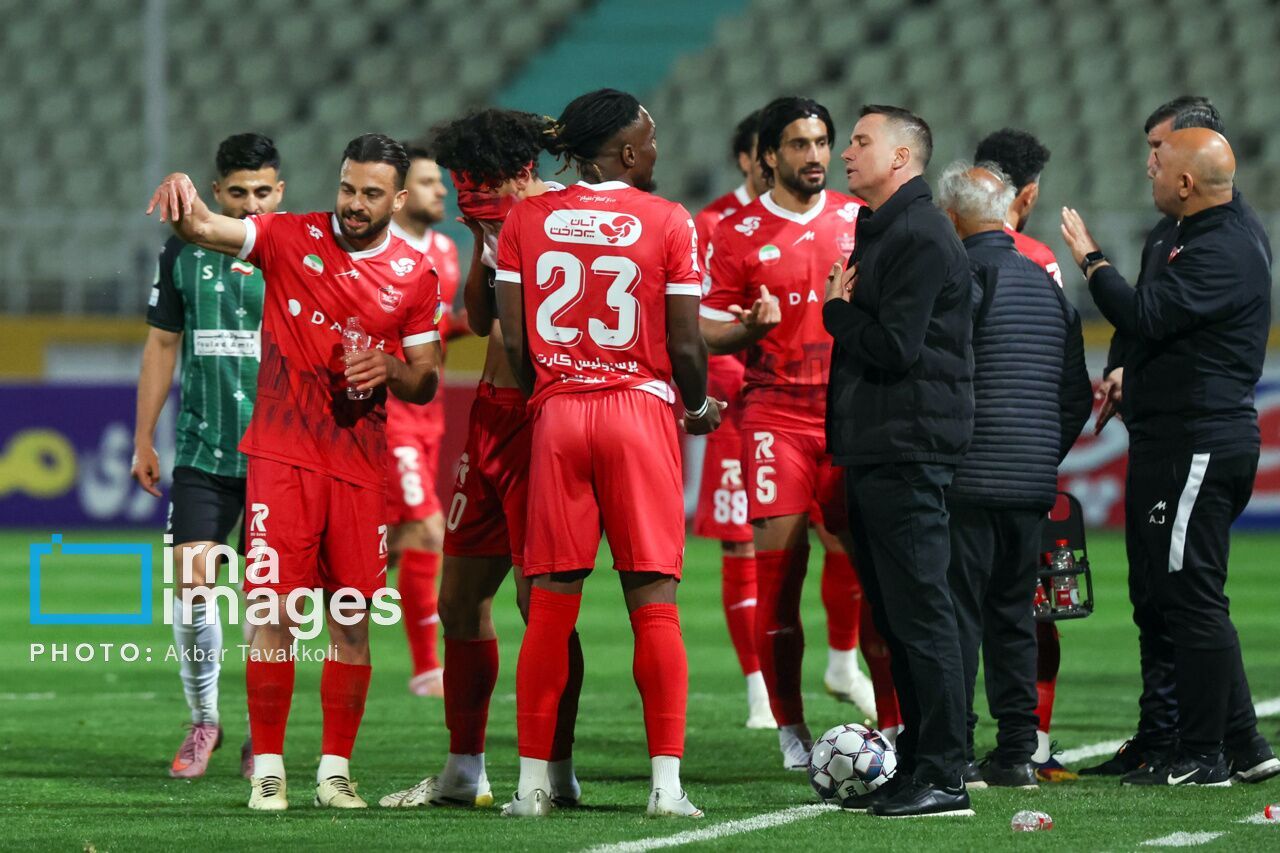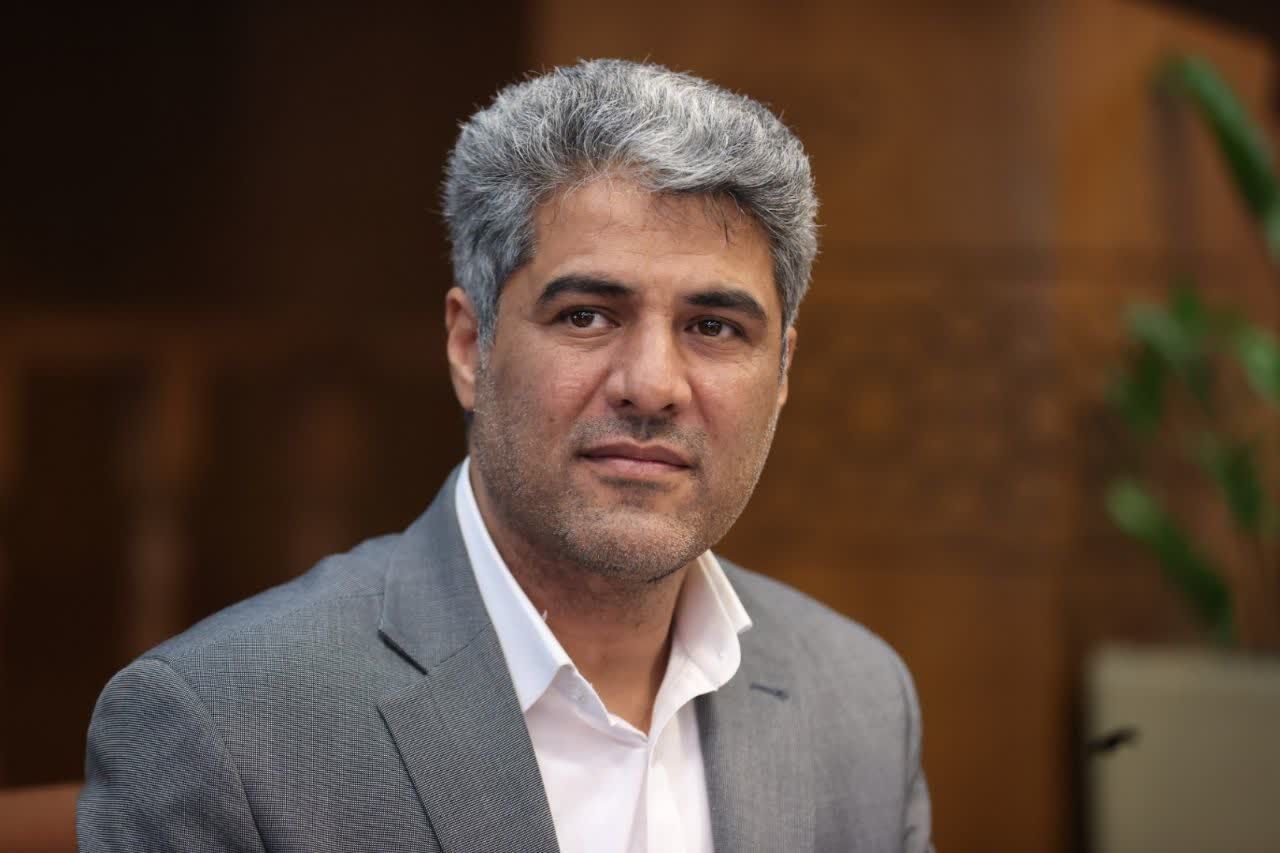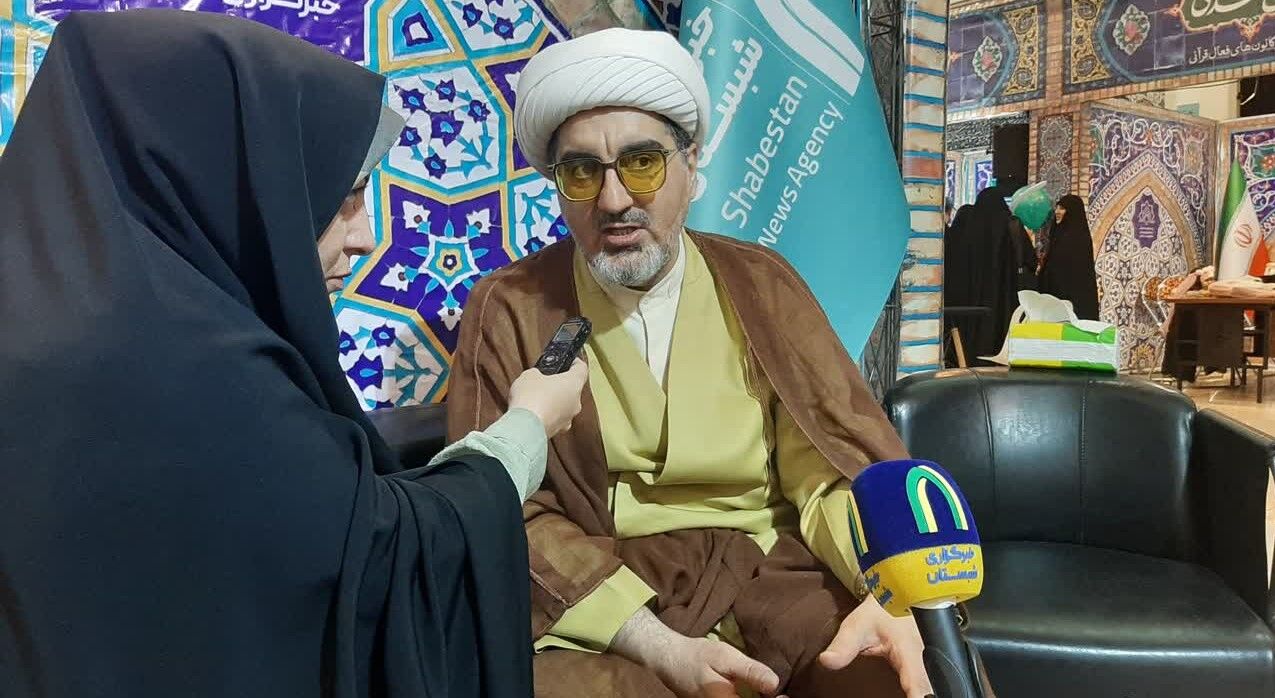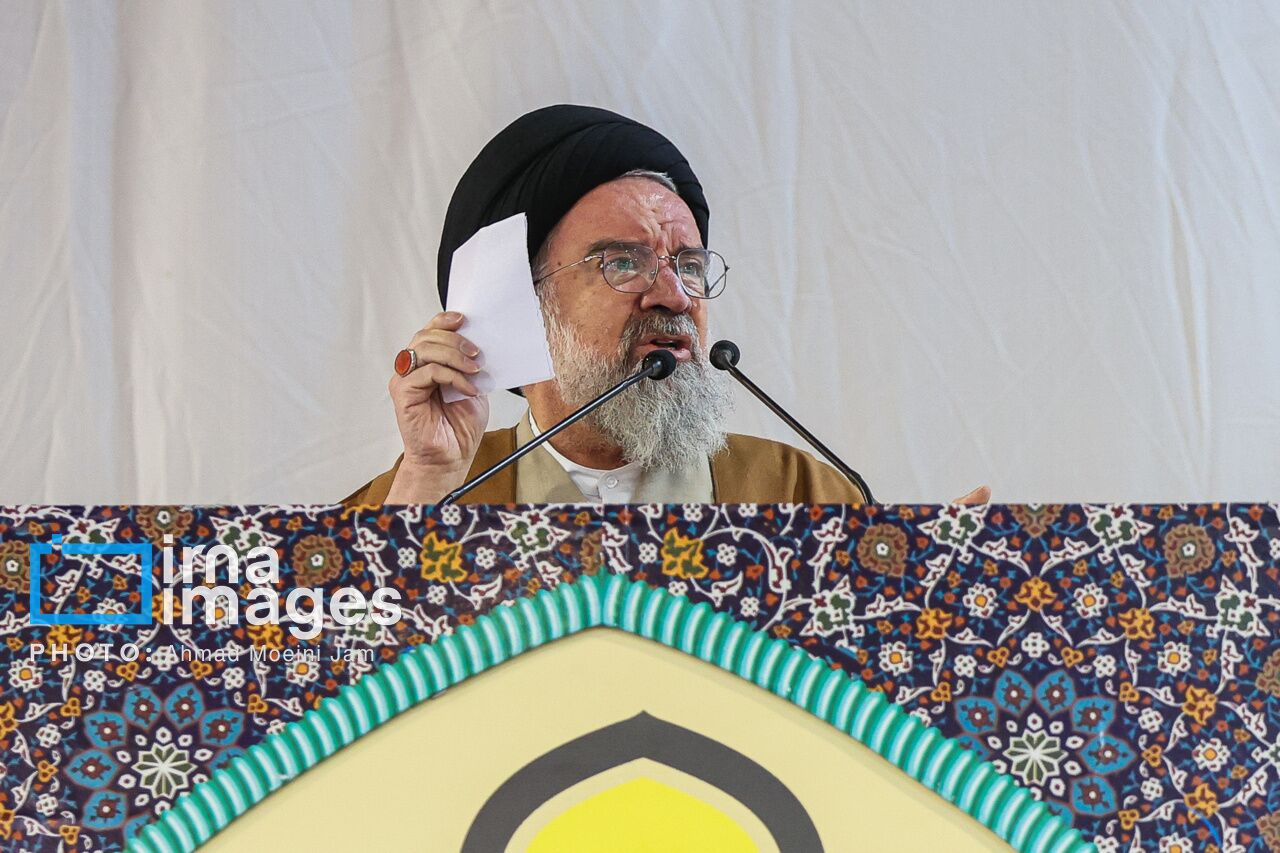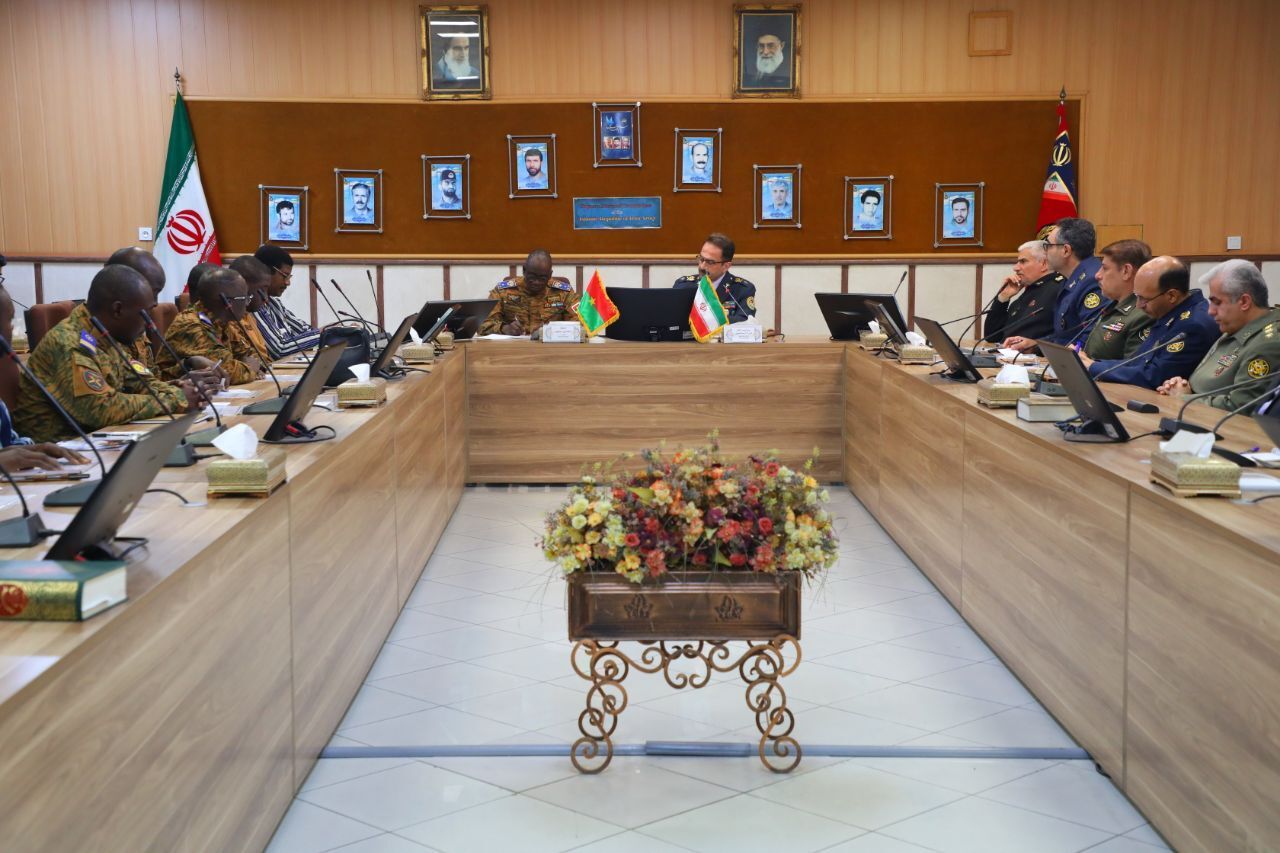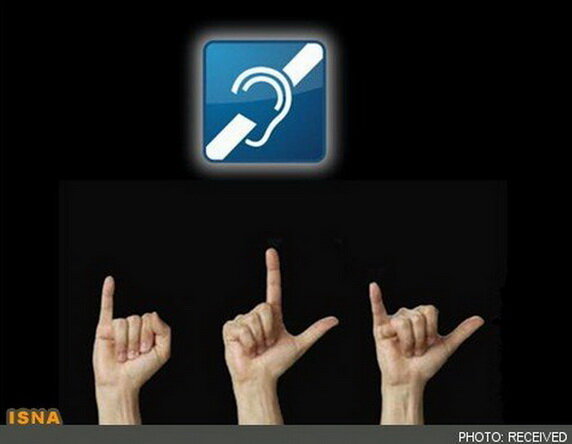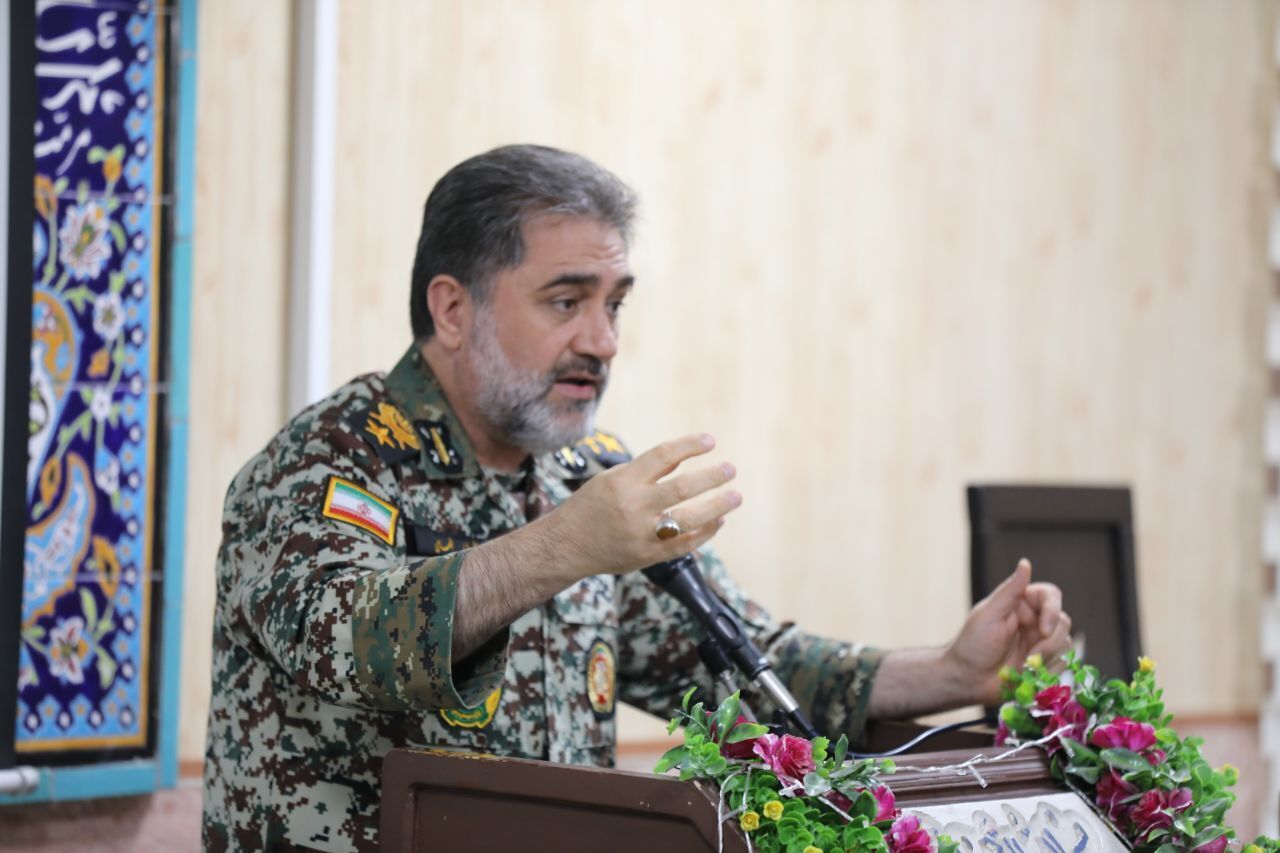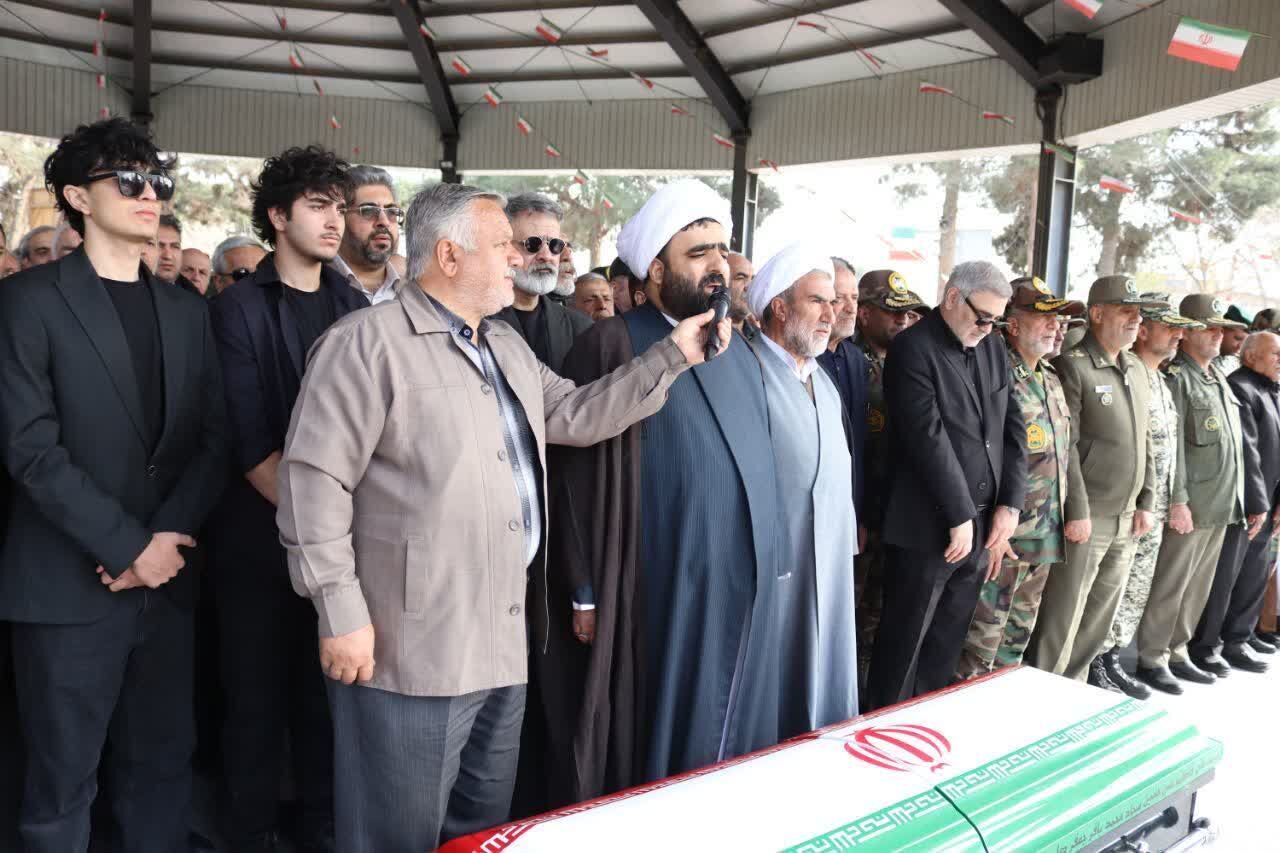Rape, ransom and execution: The road out of Sudan's el-Fasher
Rape, ransom and execution: The road out of Sudan's el-Fasher

The road out of the western gate of el-Fasher was lined with bodies.
As people tried to flee the capital of Sudan’s North Darfur state, which was taken by the paramilitary Rapid Support Forces (RSF) last week, they found themselves walking through the dead.
They say this is like the Rwandan genocide. A rate of killing so fast you can hardly believe it. And as el-Fasher’s people, who had already lived through over 500 days of siege under famine conditions, tried to get out, the RSF, using weapons and technology believed to be provided by the United Arab Emirates, inflicted unimaginable horrors on them.
Men were separated from women and children and executed. Boys as young as two were killed. Sometimes in front of their families. Hostages were held to ransom, forced to contact anyone they knew to try and transfer exorbitant fees to RSF fighters on mobile banking apps.
Women, according to multiple witnesses who spoke to Middle East Eye, were raped, violently searched and sexually assaulted. Sometimes they were taken hostage in lieu of ransom. Civilians were shot on sight, accused of being part of the Sudanese Armed Forces (SAF), which has been at war with the RSF since April 2023.
Sudanese citizens were killed by RSF fighters based on their ethnicity or on their perceived political ideology. Some of those trying to leave the horrors of el-Fasher fell into the trenches surrounding the berm, the earthen wall constructed around the city.
Now, according to Yale’s Humanitarian Research Lab (HRL), “body disposal operations are underway in RSF-controlled el-Fasher as evidence of mass killing continues”. The paramilitary, killing people faster than it can bury them, has resorted to mass graves.
Survivors made it beyond the gates, first to Gurney, outside that western gate, designated by the RSF as a collection point for fleeing civilians. Then they walked the thorn-laden path to the relative safety of Tawila, to the west of el-Fasher.
But their journeys were marked by horror. Hundreds of children lost their parents or were split from their families and reached Tawila in an abject condition after walking for around 70 kilometres.
'I have seen the bodies'
Mohamed Hassan, from el-Fasher, told MEE in a phone interview that he had seen dozens of dead bodies on the streets. He said he had seen people fleeing in all directions and RSF fighters gathering them up and firing on them.
“I live not far from el-Fasher university. I have seen the RSF gathering dozens of people inside the university and killing them without mercy. I can count more than 40 people killed inside there,” Hassan said.
'They separated the men from the women and children. They lashed and insulted the women verbally and they fired on the men'
- Mohamed Hassan, el-Fasher survivor
“I have seen the bodies in Daraja Oula, the area where most civilians were securing themselves in the last days before the city fell into the hands of the RSF. The RSF entered the neighbourhood one by one and fired on everybody,” he said.
“In one of the streets they brought dozens of families outside the houses,” Hassan told MEE. “They separated the men from the women and children. They lashed and insulted the women verbally and they fired on the men randomly. If they decided that you are a SAF or Joint Forces soldier, they will kill you immediately,” he said, referring to the allied militia fighting alongside the army.
In Daraja Oula, the same neighbourhood, Yale’s HRL has identified evidence of mass graves at a mosque. “This instance of body disposal is located approximately 200 metres north of the Saudi Hospital, where 460 ‘patients and their companions’ were allegedly killed by the RSF,” the HRL said in a report released late on Tuesday.
Video footage verified by MEE shows RSF fighters moving through the hospital, shooting anyone left alive.
Another resident of el-Fasher told MEE he had seen people killed because of their ethnicity in front of his eyes. He said he saw RSF fighters killing three young people after asking them what tribe they were from.
“I have seen RSF soldiers arresting some youth and they asked them: ‘You are from which tribe?’ When they say yes that they are from Zaghawa tribe, the soldiers have immediately killed them on the spot,” he said.
The Joint Forces is made up mostly of Zaghawa fighters, and the RSF has targeted the Zaghawa, a non-Arab group indigenous to northeastern Chad and western Sudan.
Mohammed, a cafeteria worker at the Saudi Hospital, said: “Even disabled and injured people were not spared from RSF accusations and targeting, they would often say that injuries were caused by fighting with SAF.”
'We wished for death'
On the road, Amira, a mother from el-Fasher, and her family were met by armed forces wearing RSF outfits.
Some of them were on motorbikes. Amira was in “quite a large group”, she said, with many women and children. “I am a married woman with four children. They attacked us and took us off in the opposite direction to where we were going.”
The RSF fighters separated the men from the women and children. “They killed the men,” Amira said, speaking to journalists from Tawila at a press conference convened by the campaign group Avaaz.
'People were executed in front of us. I lost many members of my family'
- Amira, Sudanese mother
“They took what we had left. We didn’t have much with us.” The group was then taken into an area where the ground was covered with thorns and for ten hours, the Sudanese mother said, she and the women and children with her walked across those thorns.
“People were executed in front of us,” she said. “I lost many members of my family. People were detained in front of me. Someone was in charge of whipping people. Whenever anyone began to fall asleep, this person would whip them. There were no cars on the road except those of the RSF.”
Hawa, who is eight months pregnant, said that after her husband was killed, she decided to flee el-Fasher on foot with her children. Her eldest child is 12, the youngest is just two. She spoke of having to look after her children alone, while starving, without any medical care. “No one is helping us,” she said, “organisations have to step up and help us.”
One voice note sent to Avaaz and passed on to MEE describes the berm - the huge earthen wall begun by the SAF but constructed mainly by the RSF in order to surround the city.
“We came upon very large, deep trenches or berm with supports. Once you enter you cannot get out easily - they are extremely deep. Some of our people were killed inside the trench... no less than one hundred.”
“The children fled alone, and the older mothers couldn’t get out,” another survivor said.
“Fathers were killed, brothers kidnapped, and women were raped in front of us. At that point, you only think about how to survive. They were like monsters. We wished for death because we were so exhausted.”
Rampant sexual violence
The scale of mass rape was, Amira said, “devastating”. When the fighters saw “beautiful girls”, she said, they would “take them as a form of currency - they would take girls as payment”.
Sulaima Sharif Ishag, the Sudanese minister for social welfare, told MEE that just as in el-Geneina, the West Darfur city in which the RSF killed and raped large numbers of civilians, “some of the women civilians seek refuge in el-Fasher university, but they have been attacked and raped inside”.
Sharif, the social welfare minister, told MEE that Sudan’s army-backed government had documented around 25 cases of rape and sexual violence.
“The current number of documented sexual violence cases is 25 women, but we are sure that because we can’t reach many women the figure is much higher. An unknown number of women were abducted on the way from el-Fasher to Tawila,” she said.
“There are women that were attacked in the safe shelters while there were women killed after being raped and tortured. The main problem at the moment is the women who were abducted because we can’t identify them,” Sharif, a longstanding women’s rights activist, said.
Adam Rojal, spokesperson for the General Coordination for Displaced People and Refugees in Darfur in Tawila, described “catastrophic human conditions” in el-Fasher. He said there were a higher number of documented cases of sexual violence already.
“Most of the arrivals are victims of violence. We have documented 150 cases of sexual violence, 1,300 cases of gun shots, and 750 children arriving to Tawila without their families,” he said.
Loot and ransom
Multiple survivors who spoke to Middle East Eye described a consistent pattern of looting by RSF fighters.
One woman in her mid-30s said that she and other members of the group she was trying to escape with had their clothes stripped from them and all their possessions taken.
Those who made it to safety also described being asked for ransom money by fighters.
'Governments have kowtowed to the UAE, despite ample evidence that the RSF has been armed to the teeth by the United Arab Emirates'
- Will Davies, Avaaz
Hamid Abdul Rahim, who arrived in Tawila after many days of walking, told MEE that some of his family members had been arrested by the RSF and then asked for ransoms.
“The RSF arrested my cousins and their families. They entered their houses and brought them out from inside. They called me and my uncle asking us to pay 15 million Sudanese pounds (around $500) for each of them,” he said.
Rahim said the paramilitary was holding hostage 20 members of his family, and as such he and his uncle had to pay 300 million Sudanese pounds through mobile banking apps to the RSF abductors. “We definitely don’t have that money at the moment. We asked some of our family outside the country to collect the money and send it,” he said.
Omar, who was also held hostage by the RSF on the road out of el-Fasher, described being given ten minutes to come up with three million Sudanese pounds.
When family members told him over the phone that they didn’t have the money, but that they would find it in a couple of days, the RSF fighters told him again that he had ten minutes. As the clock ticked down, a friend who was with him managed to find the money they needed in order to pay off the fighters.
Amira, the mother from el-Fasher, said she and others in the group she was with were held for ransom by RSF soldiers. “They refused to let us go if we didn't pay as much as one million Sudanese pounds,” (around $350 USD) she said.
“There are others who are trapped in el-Fasher and the militia is asking for ransom” she said, referring to the RSF. Multiple other survivors who escaped the city told MEE that they had been taken by RSF fighters who then told them that they if they didn’t pay them a ransom, they would be killed.
Hashim Mukhtar, a doctor from el-Fasher who has lived in Britain and worked for its National Health Service (NHS) for almost three decades, said many members of his family had been abducted by the RSF and sent videos asking for help with ransom money.
Another two sources outside Sudan, who preferred not to be named for the safety of their relatives, told MEE that RSF abductors had called them asking for ransoms as they were holding their relatives’ hostage.
Accountability and the UAE
Altahir Suliman, head of the Eyes Organisation for Peace, Development and Humanitarian Assistance, a local organisation that has moved from el-Fasher to Tawila, told MEE that at least 3,000 people had been killed so far in the RSF’s takeover of el-Fasher, while many thousands of people who have fled to Tawila have not been accounted for.
“There is huge need in all sectors, we need water, food, shelter, health services, psychological support among other important needs,” Suliman said.
The Sudan Doctors Network, a professional organisation representing Sudanese doctors, said that the RSF continues to “detain thousands of civilians inside the city of el-Fasher, preventing them from leaving after confiscating all means of transportation used to evacuate displaced people.”
The scale of the atrocities has drawn attention to the United Arab Emirates, which is the main sponsor of the RSF.
Babiker al-Siddig Mohamed al-Amin, the Sudanese ambassador to the UK, told MEE that the UAE “must be held accountable for the el-Fasher genocide and compelled to stop it”.
“For over a year we've been warning about the RSF's impending atrocities in El Fasher, in the media and at the highest levels of the world's most powerful governments,” said Will Davies, campaign director at Avaaz.
“Yet the world barely blinked. Governments have kowtowed to the UAE, despite ample evidence that the RSF has been armed to the teeth by the United Arab Emirates… Thousands are being slaughtered and the UAE has the power to end it."








